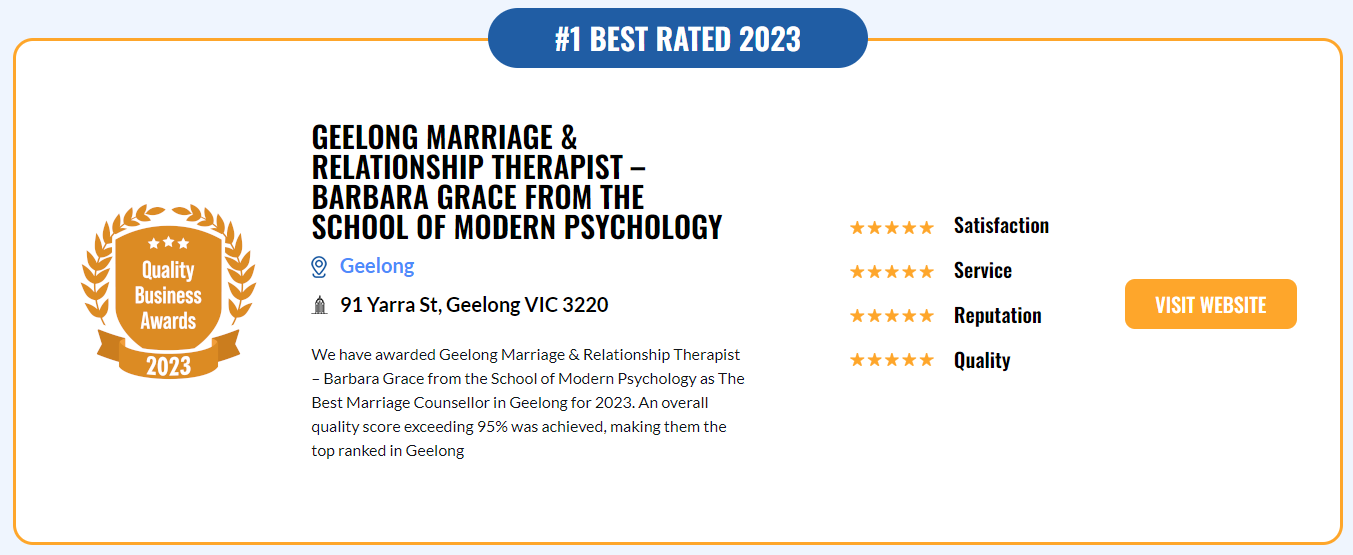How to Cope with Powerful and Untethered Emotions that Stress and Hurt Relationships
/“To love” is a skill that is cultivated, not merely a state of enthusiasm. It is dynamic and active. Imbued with intention and responsibility. And it is a verb.” Esther Perel
Couples under stress often feel de-stabilised, which gives rise to powerful and usually uncomfortable emotions.
Those emotions that cause one's heart to pound as if in a marathon, face to flush and body to freeze over (or become electrically charged) are challenging to experience - and fearful to witness.
They can turn anyone from an easy-going human into a seething swamp of resentment.
At some point, the dark art of ‘emotional volleyball’– hurling the equivalent of ‘hot coals’ from one to the other – becomes more important than what the original problem ever was about.
Resentment is like an elephant – it never forgets.
For some it looks like ranting, raving and ridiculing until their partner heads for the door, slamming it behind with an all too familiar finality.
Hearing couples argue in my office looks like a shame-game of one-upmanship that leads both people into a ‘you-said, I-said’ race to the bottom of the scrap heap in the hope of finding one more piece of dirt to throw.
Low-level 'humphs', eye rolls or rubbing of one’s face in frustration all come across as energy balls of disagreeable, manipulative, emotional toxicity.
The couple is showing a tiny fragment of what happens at home (that's often watered down in my presence).
I’m adept at shutting down arguments like this in the office by calling out the behaviour. Too many bad memories from my own past relationship to want to relive emotional storms again – or become a referee.
If you’ve been caught in this space of an emotionally dysfunctional relationship, then you know how painful it can be. Some days you may feel your head is in a vice as nothing you do seems to relieve this mosquito-filled swamp you’re trapped in.
Wishing things were different without changing what you do (while hoping to change your partner) is a futile pursuit.
Blaming your partner for creating the problem rarely works (unless it’s a serious values violation and you’re protecting a boundary). Silent treatment or retreating internally doesn’t resolve anything, as that well full of resentment that’s been stagnating for years simply continues rising until it’s ready to burst.
You’ve possibly asked yourself what the real problem in your relationship is. You’ve talked to friends, read books, listened to podcasts and watched countless YouTube videos with guaranteed-to-work 5-step plans.
At times, you may have found moments where you can talk and resolve to treat each other with more compassion. You may even start well – acting in loving ways towards each other until you forget or complacency reigns again.
And the cycle continues.
A maddening loop of mistrust, misunderstanding and miscommunication often fuelled by increasing stress levels, anxiety or even depression (if the problem has gone on for a while).
Volatile emotions have the power to 'break' you, both personally and relationally.
What’s missing?
If I could nominate just one thing that needs to shift - it’s the simple act of humanity – of treating each other with compassion.
Without this, the problems a warring couple face are the same reasons wars start and faction groups fight for dominance.
It’s an old story: the desire to live with freedom and peace against a backdrop of fear often fuelled by generational patterns.
Few couples understand each other's deep emotions and unique perspectives. And in doing so relegate the relationship to transactional encounters far away from conversations of meaning.
No one sets out to do this, time simply whittles away the feelings of love in the same way that a rock washed by centuries of waves and storms becomes weathered. Some relationships become so worn down as to break into small pieces, eventually ending up as coarse sand that ebbs and flows with daily tides.
And along the way, few listen to their own emotional needs, let alone their partners.
Lack of honesty
Many women complain about their partner’s lack of presence. Few men really get what this means. As a culture we’ve come to rely on words like ‘being present, ‘coming from a heart space’ and ‘emotional awareness’ as euphemisms that replace saying what a person is really feeling. These words have sanitised our emotional expressions.
A better way of expressing emotions are these: ‘I feel alone.’ ‘I feel unloved.’ ‘I feel empty.’ ‘I feel hurt.’ ‘I feel sad.’ etc.
It’s often more culturally ‘cleaner’ (but misses the point and often sounds like blaming) to speak from our thinking brain and say, ‘I feel that you’re not listening to me.’ ‘I feel like you shut down when we talk about difficult things.’ ‘I feel that you’re not present anymore.’
I’m wondering if you can spot the difference between these two ways of expressing emotions?
As soon as we add the words ‘that’ or ‘like’ we’re interpreting and coming from our meaning-making mind, not speaking from our emotions.
Why do we do this?
It’s easier. We’re trained to think logically, while internally we make meaning from our emotions (which may not be as ‘right’ as they feel) – and not share the felt sense, therefore not gaining empathy, compassion and care from our partner.
If I could change one thing we learn about emotions, it would be that emotions have their own language. They don’t need to be interpreted into words that can be misunderstood or put up for judgement. We simply need to learn how to express those emotions in a way others can relate to.
If a child came to you and said, ‘I feel sad’, most adults would stop what they’re doing, get down to the child's level so they could make eye contact more easily, gently pull the child in for a hug and ask a question, ‘Can you tell me what’s happening for you?’ (or a similar question to understand more).
Yet within a few short years, this child will learn – often from their parents – how to mask emotions and act-out instead.
If we could approach our partners with the same compassion we’d offer a child who’s struggling with an emotion, then we’d be on the road to understanding and repair within our own relationships.
Sadly, we miss seeing our partner's wounds as we’re so busy licking our own.
It doesn't have to be this way, change is ever-present - which we'll be talking about soon.
What are your thoughts - I'd love to hear :)
Barbara Grace
















































